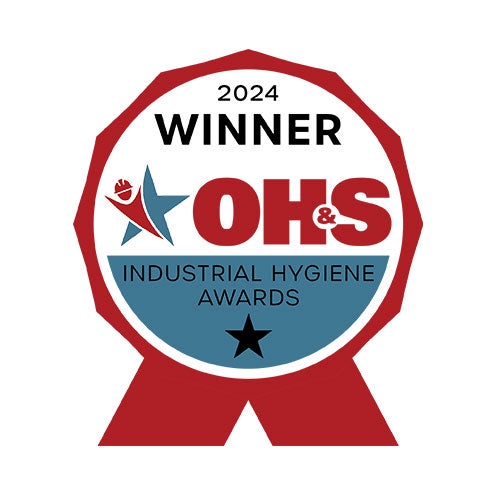Quality management standards evolve over time, making your task as a quality management professional an ongoing challenge. Periodic changes to hallmark standards, such as ISO 9001 and AS 9100, provide a critical opportunity to reexamine your quality management system and raise total quality to the next level. Knowing how quality standards differ and change with each update is key to optimizing processes, people and technology in manufacturing. For those of you who need a refresh on ISO 9001 and AS 9100, this blog post covers the most important similarities and differences between these two seminal standards.
ISO 9001 Sets the Table for AS 9100
It is a well-known fact that the International Organization for Standardization (ISO) is responsible for creating and maintaining several different standards. In essence, these distinct (yet strikingly similar) standards aim to harmonize quality management processes in manufacturing from a global point of view. Over time, the success of the ISO 9001 series led to the introduction of industry-specific standards, setting the table for applying quality management across a broad range of industries, such as the aerospace and defense industries. Without doubt, the ISO 9001 series is the basis for AS 9100. In one manner of speaking, AS 9100 encapsulates ISO 9001 requirements to suit the quality system needs of the aerospace and defense industry more effectively. As ISO 9001 changes periodically, AS 9100 also changes to fall in line with the new version of ISO 9001. Here is a closer look at what AS 9100 entails in comparison with the ISO 9001 series.
AS 9100 for the Aerospace and Defense Industry
The International Organization for Standardization itself does not update and maintain the new versions of AS 9100. This responsibility lies with the International Aerospace Quality Group (IAQG) to decide which changes to ISO 9001 to incorporate into updated versions of AS 9100. To state the bottom line bluntly, AS 9100 essentially takes ISO 9001 and expands its requirements and recommendations to suit the sensitive nature of aerospace and defense. For instance, AS 9100 includes more specific references to the statutory and regulatory requirements that govern the aerospace and defense industry from a broader perspective. Also, AS 9100 takes the crucial step of adding risk management to the quality management equation. The standard also aims to address the needs of stakeholders better. The latest version of AS 9100 makes specific improvements to product realization requirements as well as major additions for corrective and preventive actions.
ISO 9001 vs AS 9100 – Distinctions Between Them
When it comes to creating and maintaining a sound quality management system, the devil is certainly in the details of the standards. At a glance, AS 9100 and ISO 9001 appear to be interchangeable, but a closer look reveals that AS 9100 contains some key revisions and alterations to ISO 9001. For example, AS 9100 adds the terms “special requirements,” “critical items” and “key characteristics,” which may come as a surprise to you. This kind of specificity is not exhibited by ISO 9001 in general, but for the purposes of AS 9100, these definitions set the stage for the rest of the standard. Like ISO 9001, AS 9100 takes a process-based and risk-management-based approach. Your ability to account for risk management in your quality management system plays a critical role. Another key difference added to AS 9100 is in the standard’s management responsibility clauses. AS 9100 specifies that everyone must have unrestricted access to management when it comes to quality management concerns. However, the biggest differences between ISO 9001 and AS 9100 lie in product realization. For instance, section seven of AS 9100 makes specific mention of project management, verification and validation procedures, and post-delivery support. These are only three of the many additions to AS 9100 under product realization, which reflect the highly sensitive nature of manufacturing in aerospace and defense. The most important fact that you should remember about AS 9100 is that the standard mirrors ISO 9001 only to a certain degree. In one manner of speaking, AS 9100 is deviating gradually from ISO 9001 over time. You should note that AS 9100 and ISO 9001, despite their differences, are intertwined to a high degree at the end of the day. While differences do exist, the overarching theme is that changes to ISO 9001 affect AS 9100 periodically and need to be addressed by your quality management system. Knowing the differences is key to your success. The aerospace and defense industry relies on AS 9100 to maintain and develop a consistent quality management system at a low cost, much as general manufacturers rely on the ISO 9001 series. The key differences to remember, however, revolve around scope, definitions of terms and product realization. As you look forward to changing to ISO 9001 in the near future, you should also anticipate AS 9100 to change likewise.












